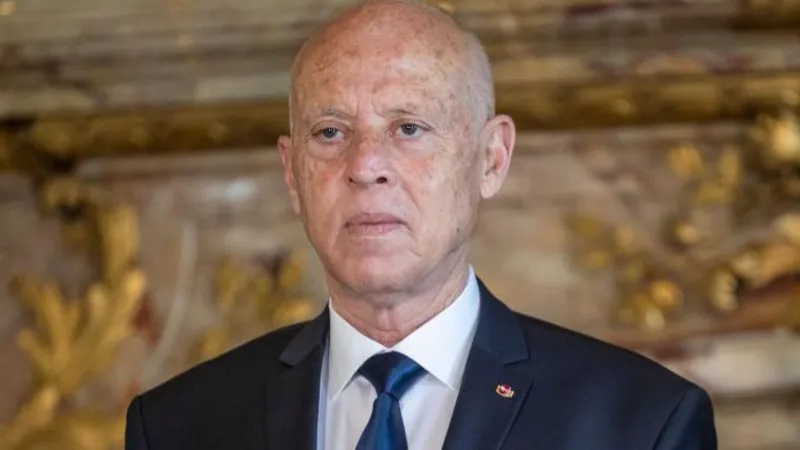Tunisia’s President Kais Saied, once viewed as a hopeful leader, is running for re-election, but the situation around the election has become very concerning.
Many people in Tunisia supported him when he was elected in 2019, hoping he would bring positive changes. However, now some think he has taken too much control and has become too powerful.
According to the BBC, critics see him as more of an autocrat, meaning he holds too much power, while his supporters still view him as a savior who can fix the country.
For this election, more than a dozen politicians wanted to challenge Saied, but only two other candidates made it onto the ballot. One of them, Ayachi Zammel, was recently sentenced to 12 years in jail for forging documents.
Despite this, his name will still appear on the ballot. The other candidate, Zouhair Maghzaoui, used to support Saied but has since become a critic.
Tunisia, where the Arab Spring movement began in 2010, was once seen as a symbol of democracy in the Arab world. But since Saied came to power, he has dissolved parliament, rewritten the constitution, and centralized authority in his hands. The BBC explains that experts believe he has undermined a decade of democratic progress in the country.
According to Human Rights Watch, other politicians have been arrested or prosecuted, and Amnesty International has called the situation an attack on human rights. There have been protests in the capital, Tunis, with people demanding free and fair elections. Some fear that Saied’s actions are leading Tunisia back to the days of autocratic rule.
The BBC notes that unemployment is high in Tunisia, at 16%, and the economy is struggling. Many young people are leaving the country in search of better opportunities, with Tunisia becoming a major departure point for migrants trying to reach Europe.
To deal with this, the European Union has even made a deal with Tunisia to help stop migrant smuggling and strengthen borders.
In an attempt to shift blame for the country’s problems, Saied has accused black sub-Saharan migrants of trying to change Tunisia’s demographics, which has led to racist attacks.
This rhetoric has gained him some support but has also turned many people against him, especially as groups have protested against racism.
Despite all the unrest, it’s expected that President Saied will win this election easily. There have been no big campaign rallies, and most of the posters around town are for Saied.
According to the BBC, experts believe that voter turnout will be very low, just like it was in last year’s parliamentary election, where only 11% of people voted.
While Saied has promised improvements to public services like healthcare, transport, and social security, many remain skeptical.
BBC experts argue that he has shown no signs of being able to solve Tunisia’s economic problems, and his leadership is raising serious concerns about the future of democracy in the country.
Credit : BBC
https://www.bbc.com/news/articles/cj9jwxxejkvo

